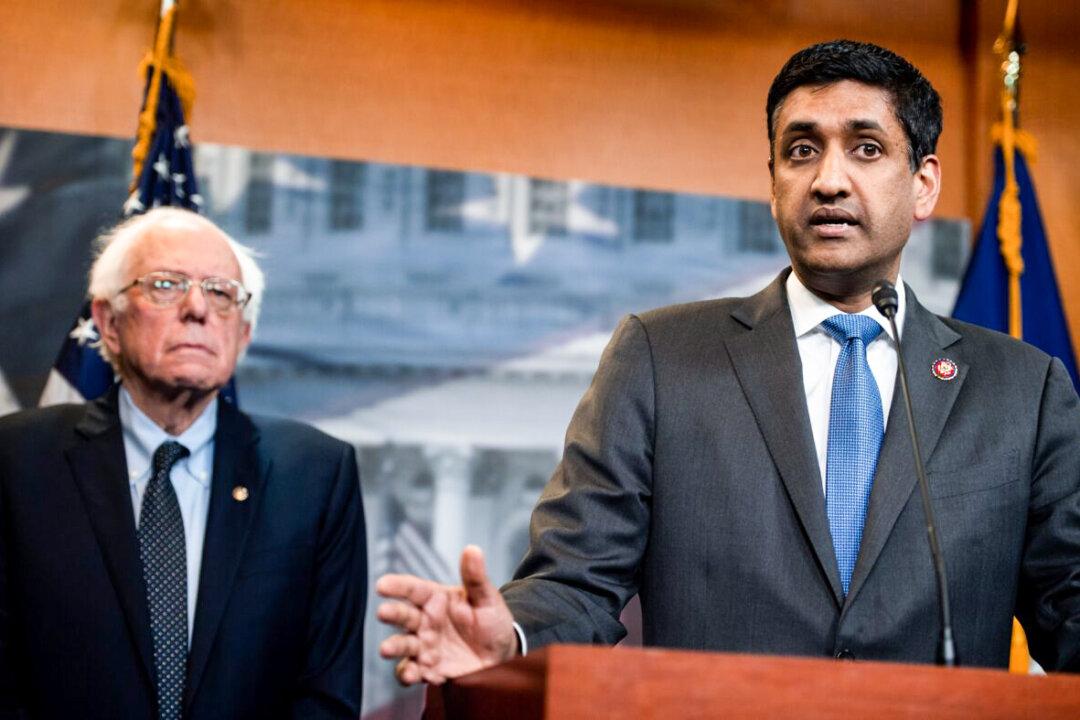House Progressives are cautiously scaling back on their demands for passage of the $1.2 trillion infrastructure bill, passed in August by a bipartisan vote in the Senate.
For months, progressives in the lower chamber have broadcasted demands that the House not move to consider the infrastructure bill before passage of the much more expansive budget bill. Progressives insisted that they could not count on their moderate colleagues to pass the budget if the infrastructure bill was already passed.





